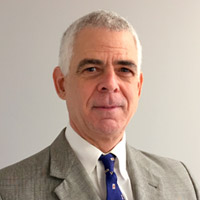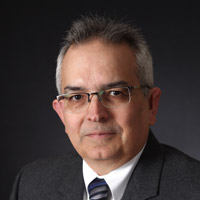
Performance, efficiency and flexibility for futureproof refining operations
The main challenge for refineries of the future will be to bring their processes to the next level. This means they will have to keep up with the latest advances in processing technology to continuously deliver large volumes of high-quality products to downstream industries in the most cost- and energy-efficient way.
The first step to success is selecting reliable and durable equipment, such as columns. By choosing state-of-the-art products, refineries will be able to reduce the impact of harsh operating conditions on the equipment service life. As a result, they can minimise downtime and maintenance activities.
The right equipment also goes a long way in ensuring optimal operations, in terms of throughput, product quality and energy efficiency.
To further optimise their operations, the refineries of the future will leverage the power of Big Data analytics and automation.
These could be used to identify the best crude oil for a facility as well as adjust process parameters according to the feed’s characteristics. In addition, they will support predictive maintenance activities.
Finally, flexibility and scalability will be two keywords for future refineries, as they will need to quickly adjust to market and regulatory changes as well as include innovative processes to reduce waste.
During this presentation, Sulzer’s leading experts in hydrocarbon processing and associated technologies will discuss these aspects and provide real-world examples on how key solutions will shape the refineries of the future.
Thanks to its extensive experience and capabilities in the oil and gas sector, the company is able to support forward-looking refineries in addressing all these aspects with state-of-the-art products and services.


